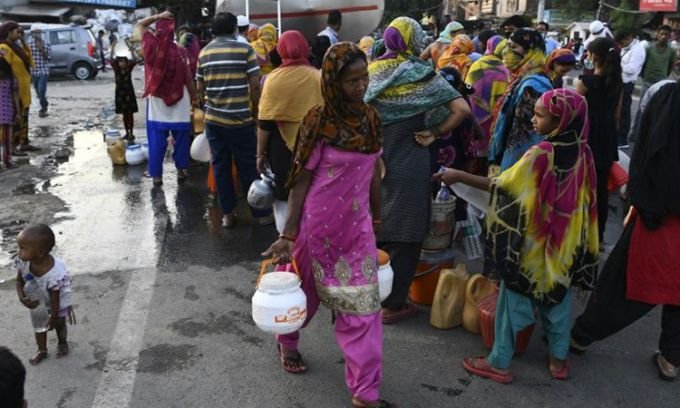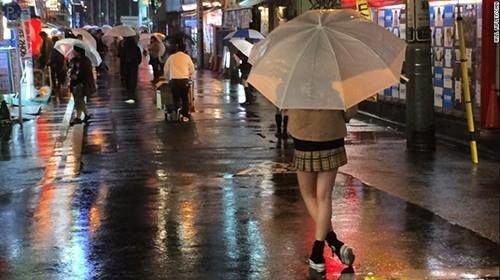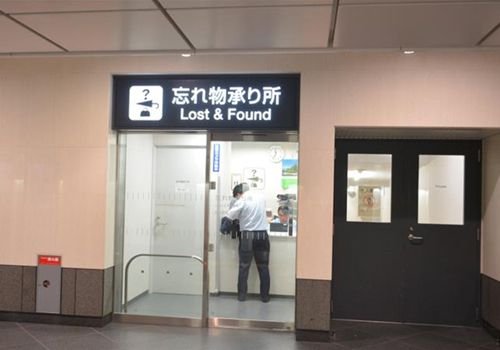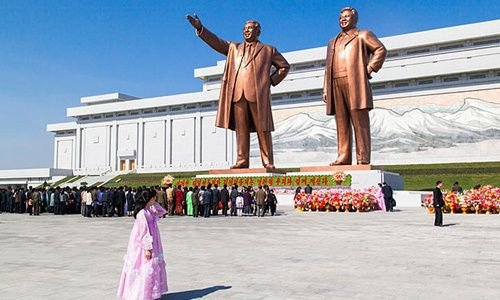Bala Devi, a 44-year-old widow, living in a slum in New Delhi, is struggling with the intense heat wave of the Indian summer, while Covid-19 is still unpredictable.
`It’s so hot, the children keep asking for water. How can I let them wash their hands when there’s not enough water to drink,` Devi said in her cramped home in a New Delhi slum.
The outdoor temperature is about 45 degrees Celsius, but Devi’s one-bedroom house only has one ceiling fan.
`If we can’t wash and sanitize all the dirty things everywhere, obviously the virus will attack them, but what can we do?`, said Devi’s neighbor Anita Bisht.
Indians gather around a water truck amid the pandemic.
Even before Covid-19 hit, India lacked water for about 100 million people living in slums in metropolitans across the country.
But now, about a third of India’s 1.3 billion people are having to limit their washing and bathing during the hot summer, when running water runs out.
Last year, the southern city of Chennai ran out of water.
Heat has killed about 3,500 people across India since 2015, according to government data, with many cases of farmers committing suicide as the drought devastated crops.
India is gradually easing the nationwide blockade imposed from March 29 to prevent the spread of Covid-19, but restrictive measures to cope with the epidemic have increased the misery in hot weather.
The daily wait for water trucks in the capital has gotten worse since Covid-19 hit the city.
Lakhpat, a resident of the Sanjay Niwas slum, waited in vain for water for more than two hours, along with dozens of others.
Mai Lam (According to AFP)










